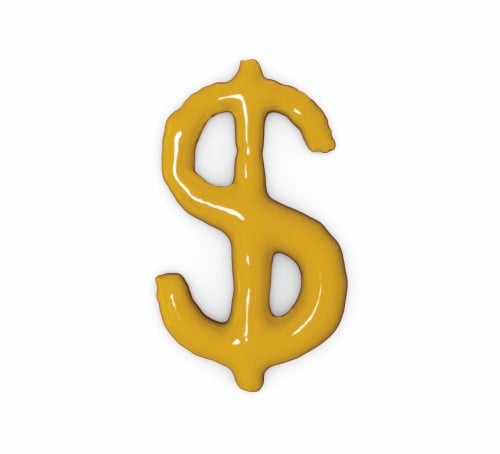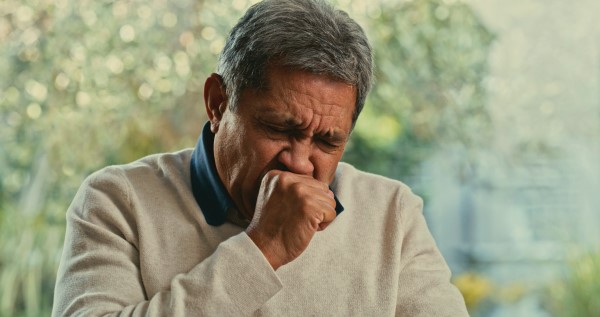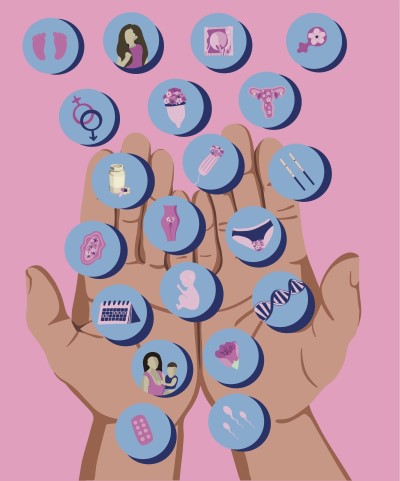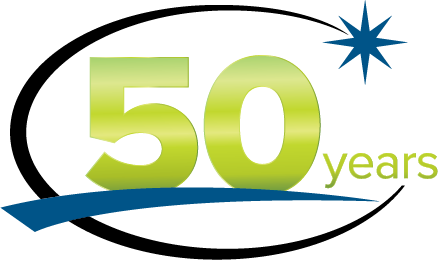Get a Grip! Wilderness Medicine Meets Rock Climbing
Jacques Lowe, MS-IV, Carle Illinois College of Medicine
EMRA MSC Great Plains Regional Representative, 2022-23
Jasmine Millon, MS-IV, American University of Caribbean
EMRA MSC Mentorship Coordinator, 2022-23
Sahar Rammaha, OMS-IV, Michigan State University College of Osteopathic Medicine
EMRA MSC Midwest Coordinator, 2021-23
Revelle Gappy, MS-III, Oakland University William Beaumont School of Medicine
EMRA MSC Great Lakes Regional Representative, 2022-23
For the past 17 years, hundreds of avid climbers have gathered at the Horseshoe Canyon Ranch in northwest Arkansas for one event: The 24 Hours of Horseshoe Hell (24HHH). A grueling and exhausting competition where rock climbers from across the globe gather to compete in a 24-hour endurance rock climbing event –– one that is unlike any other on earth! Competitors tackle a dude ranch in teams of two in an attempt to climb as many routes on the ranch as possible over the 24-hour period for glory, honor, and bragging rights.1

Caption: A crowd gathers for The 24 Hours of Horseshoe Hell competition
What brought me to this crazy competition you may ask? You’re not going to believe when I tell you that it was actually for wilderness medicine research. Yup, research. While this competition may be good enough for Alex Honnold, I am definitely not as good of a climber.3 I was lucky enough to join a research team this season looking at some physiologic metrics of participants at the competition itself. Armed with ropes, stopwatches, and a dynamometer our research team gathered participant data to hopefully gain more insights on endurance climbs.
“I’ve never rock climbed before, but this was a fun chance to learn” said fellow research assistant Jasmin Millon. Jasmin, a fourth-year medical student, was attracted to the competition as an avid sports enthusiast. “Everyone here has been super excited to help with our research,” she said while we concluded our data collection, “I am really excited to see what our data shows once our analysis is all done.”

Research assistants Jacques Lowe, Kristi Tran MD, and Jasmin Millon pictured above
Wilderness medicine offers a plethora of opportunities that may not always be so obvious to those interested in its training, and that’s what I loved about this opportunity: I experienced a blend of medicine and research all within an exceptionally unique outdoor adventure. High altitude Himalayan excursions and austere Antarctic expeditions may readily come to mind, but rock climbing is also another realm in which medical learners can dip their toes when exploring wilderness medicine.
Wilderness medicine provides opportunities for learners to explore a wide variety of interesting, and unanswered research questions from physiology to medical treatment. I learned from my experience that you can combine your passions for medicine, research, and the outdoors when you’re exploring where your career will take you as a physician.
References
Related Content


Oct 16, 2023
Case Report: Managing a Left-sided Tension Pneumothorax with Patient History of Remote Right Pneumonectomy
The leading cause of iatrogenic pneumothorax is transthoracic needle aspiration. In our case, however, pneumothorax was most likely due to transbronchial lung biopsy two days prior to presentation. Although our patient had a tension pneumothorax, it is worth noting that post‐pneumonectomy syndrome (PPS) is a rare post-pneumonectomy complication occurring typically within several months and caused by excessive mediastinal shifting that results in airway compression.

Oct 16, 2023
Donating Eggs in Medical School: A Story of Bodily Autonomy and Privilege
As a second-year medical student who had been anxiously struggling with unanticipated medical expenses and no viable income, I thought about the upcoming months-long amount of time during which I would solely be studying for my first board exam, largely confined to my office and figuratively tied to my desk. My thought process was complex, but surprisingly quick. Within weeks of an initial Google search, I applied to become an egg donor.




